.jpg)
Malt: Malt is a grain that has been prepared for brewing . Malted barley is the most common base grain used in beer, but malted wheat is also popular. Non malted ingredients — including corn and rice — are also used in some beers. Malt provides the sugar for yeast consume during the brewing process and therefore determines the strength of the beer. Most professional brewers do not malt their own grains for that reason. They simply purchase malt produced by maltsters or they use malt extract, a more highly processed form of malt.
Hops: Hops are the spice of beer, providing the bitterness to balance the sweetness in beer and can also add flavor and aroma if the brewer so desires. Compared to malt, hops are added in small quantities to beer, even in the most bitter IPAs. Most homebrewers use pelletized hops in their brewing as this is a convenient form to store and use.
Yeast: Yeast converts unfermented beer (called wort) into beer. They consume sugars from the malt and convert them to alcohol and carbon dioxide. Alcohol gives beer its "kick" and carbon dioxide gives beer its fizz.
Water: Most beers use over 90% water by volume. Quite a bit of water is also used in the brewing process that does not end up in beer. A basic rule of thumb is, if your water tastes good, it's suitable for brewing. If your tap water doesn't taste good, try using bottled spring water instead. Water treatment also is a good choice.
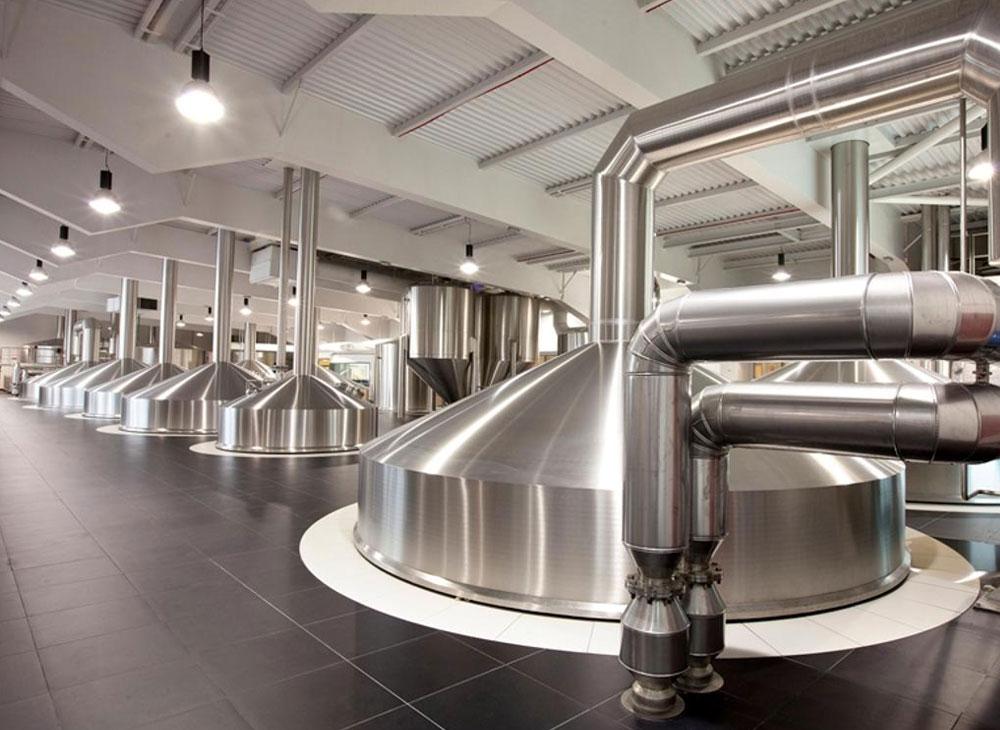
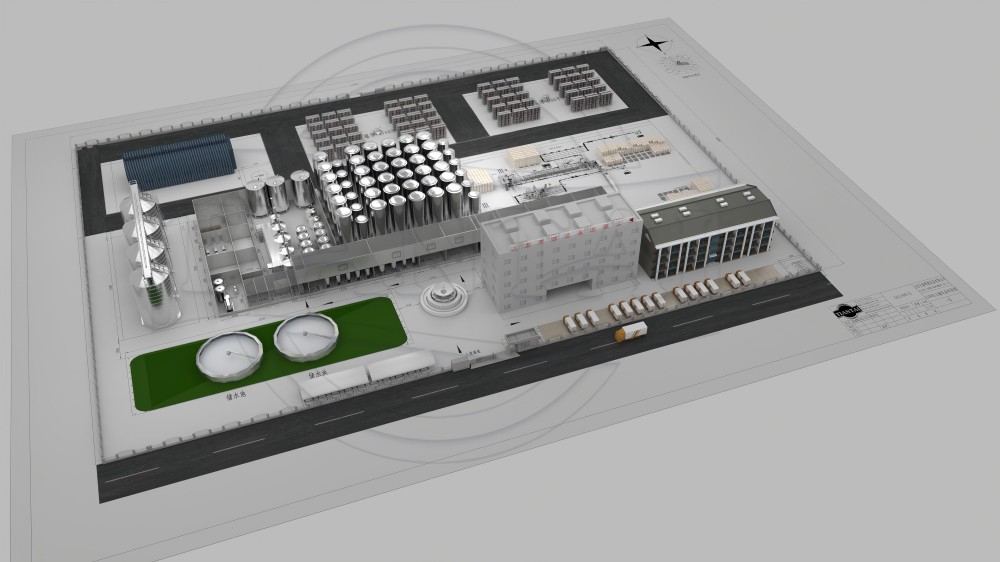
.jpg)
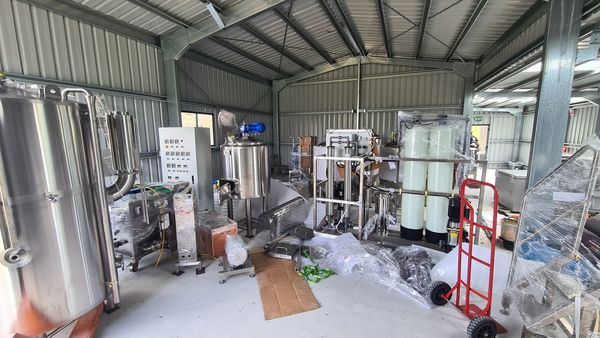
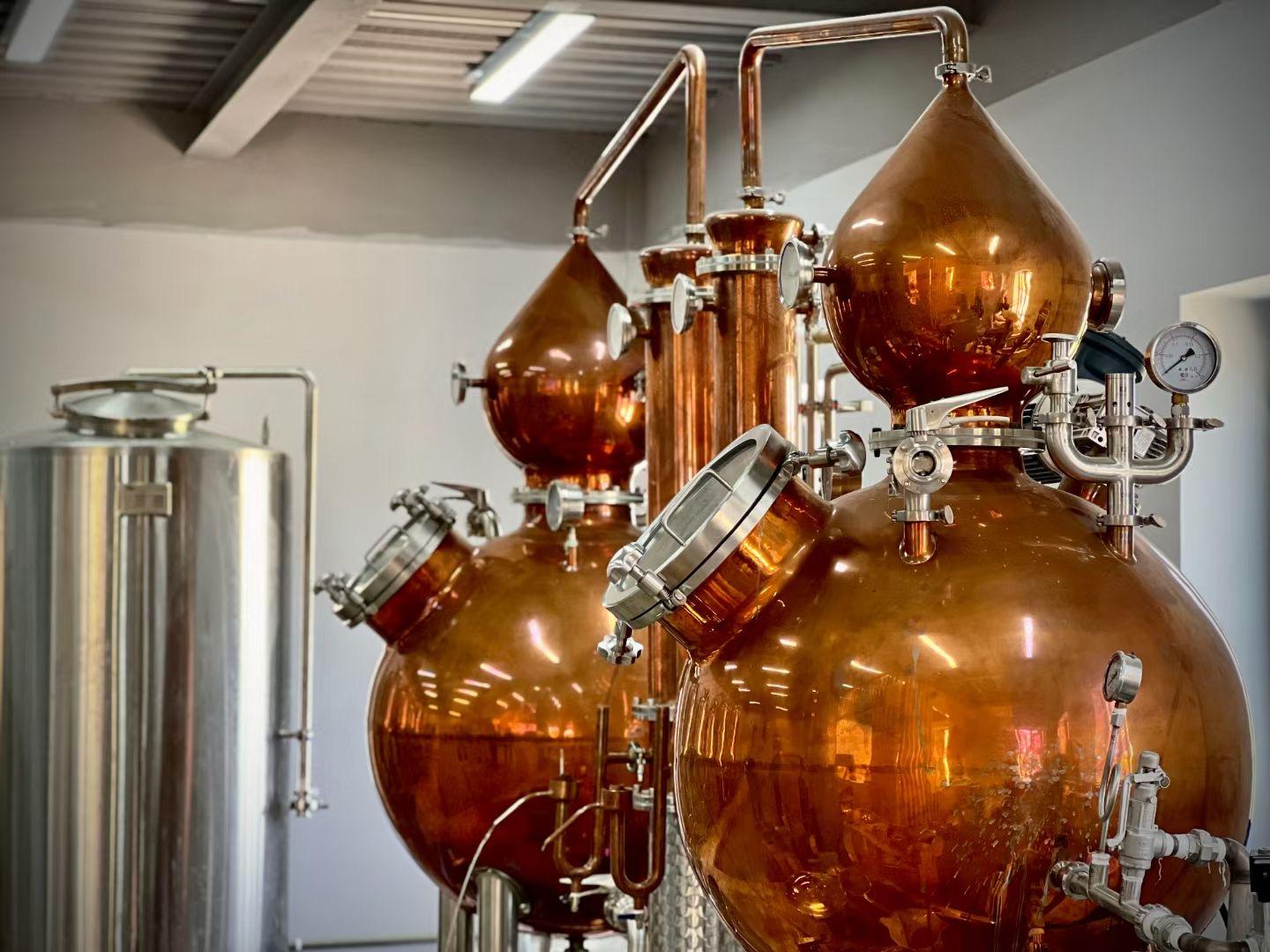
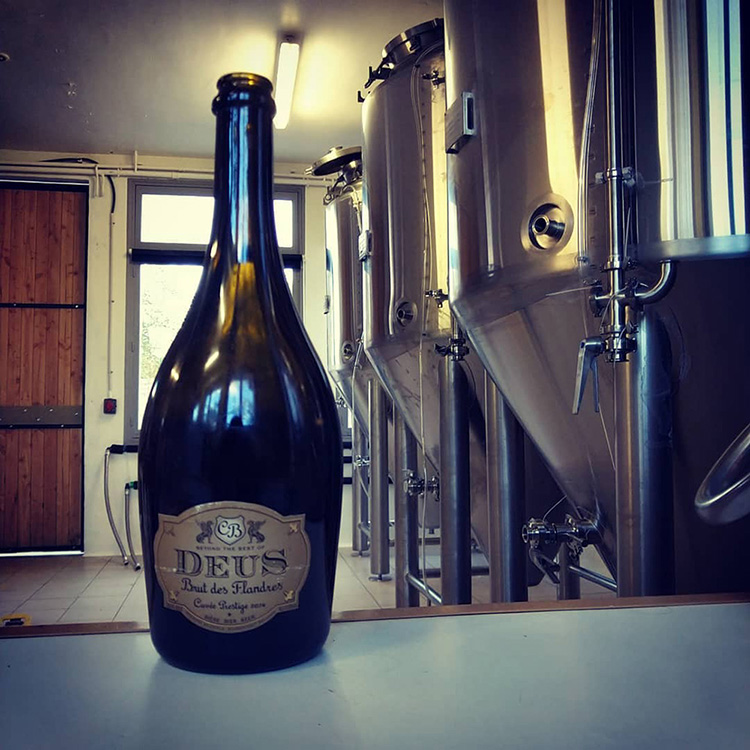
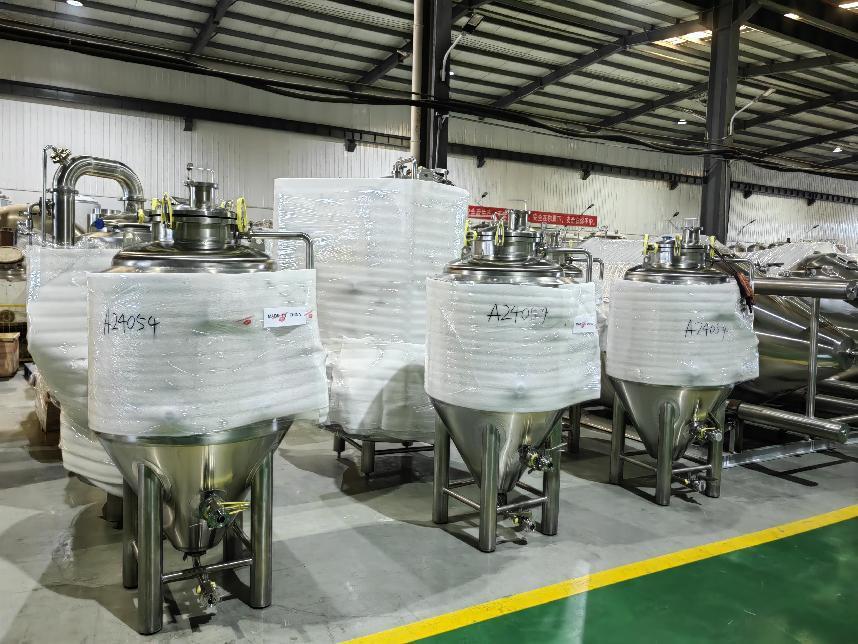
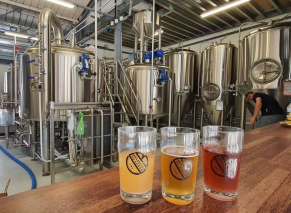
Get A Quote